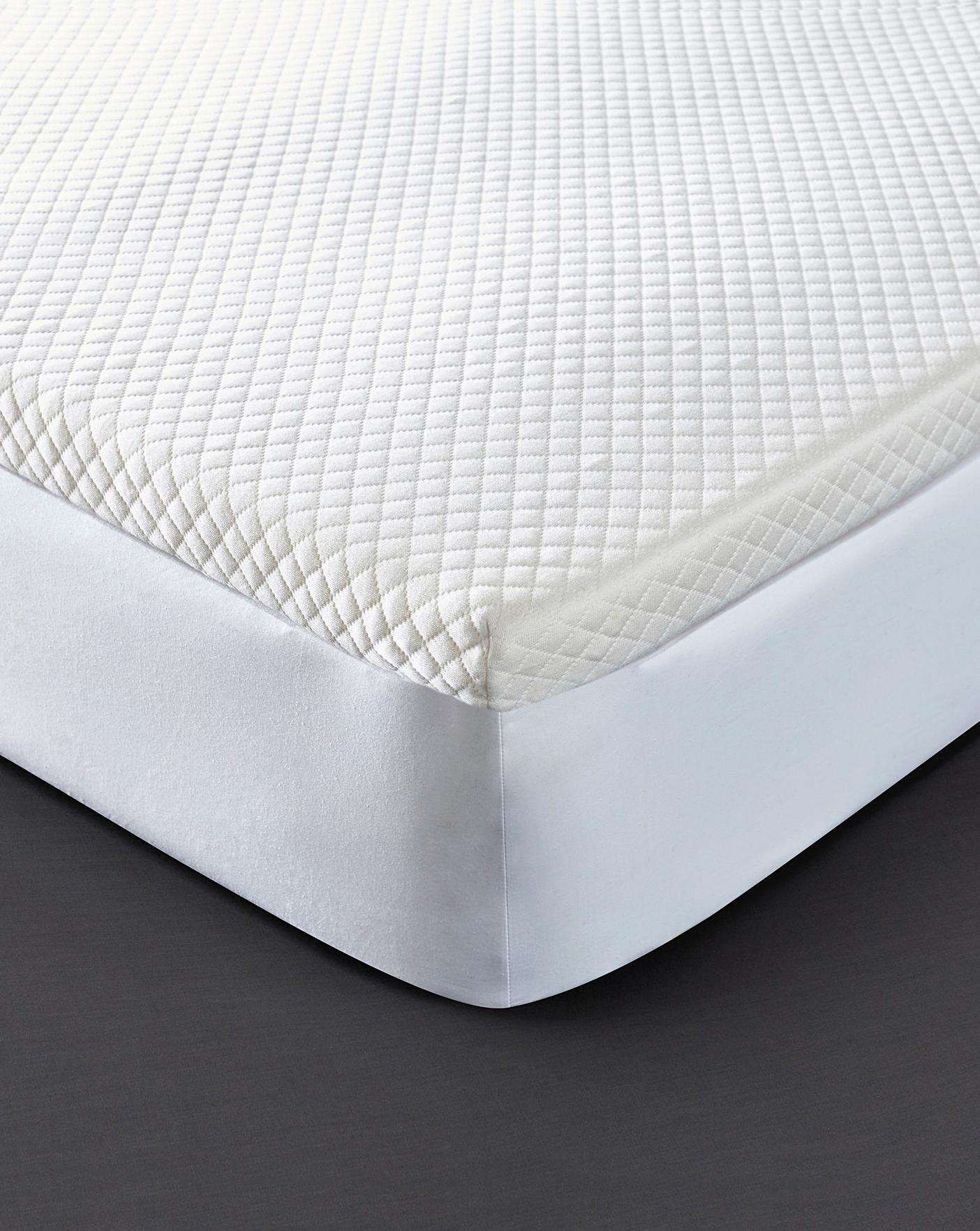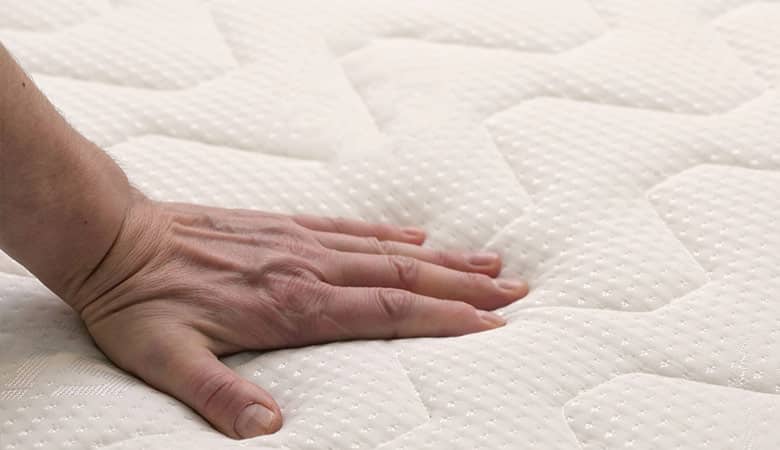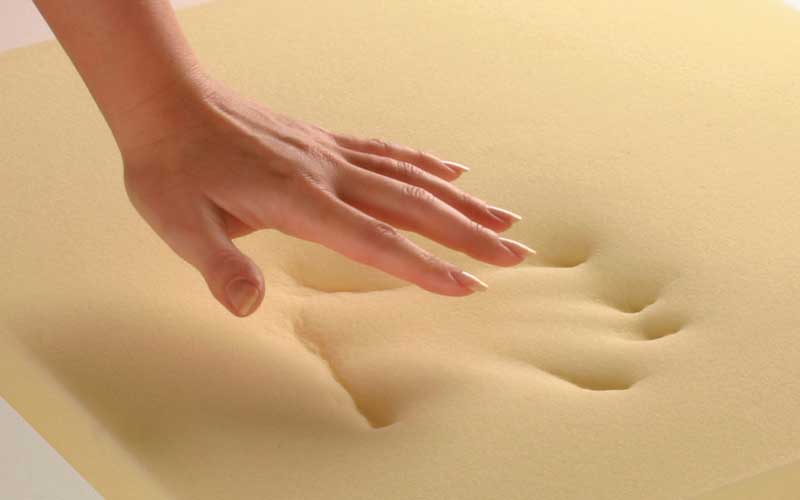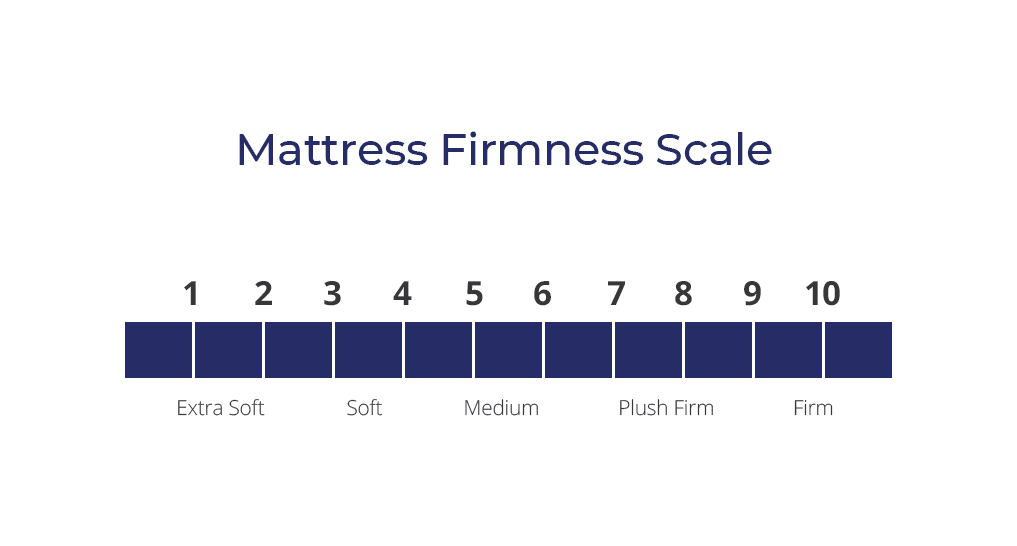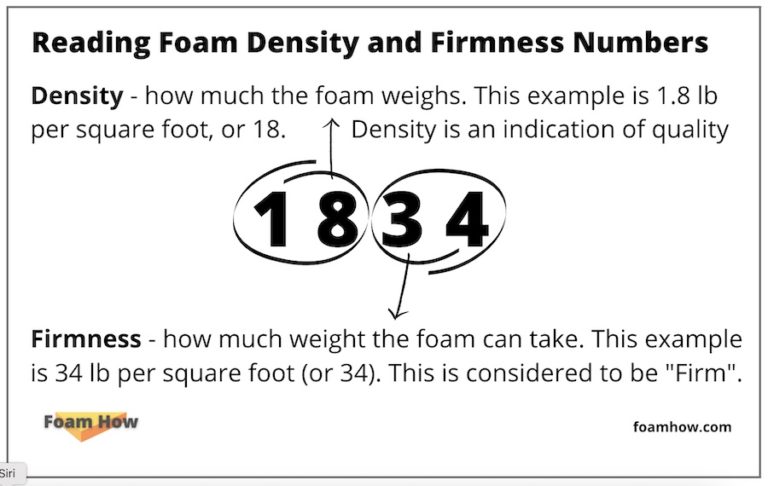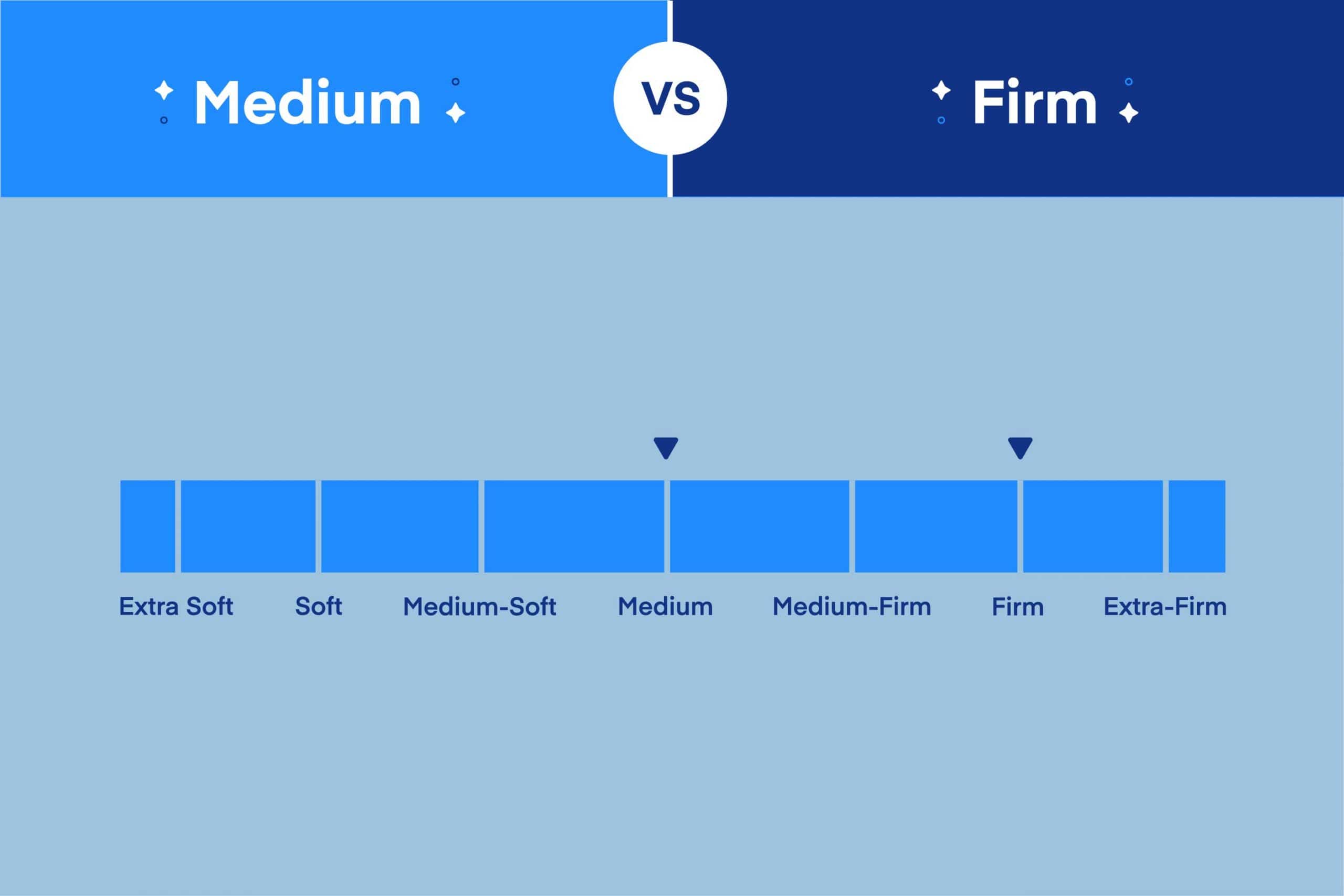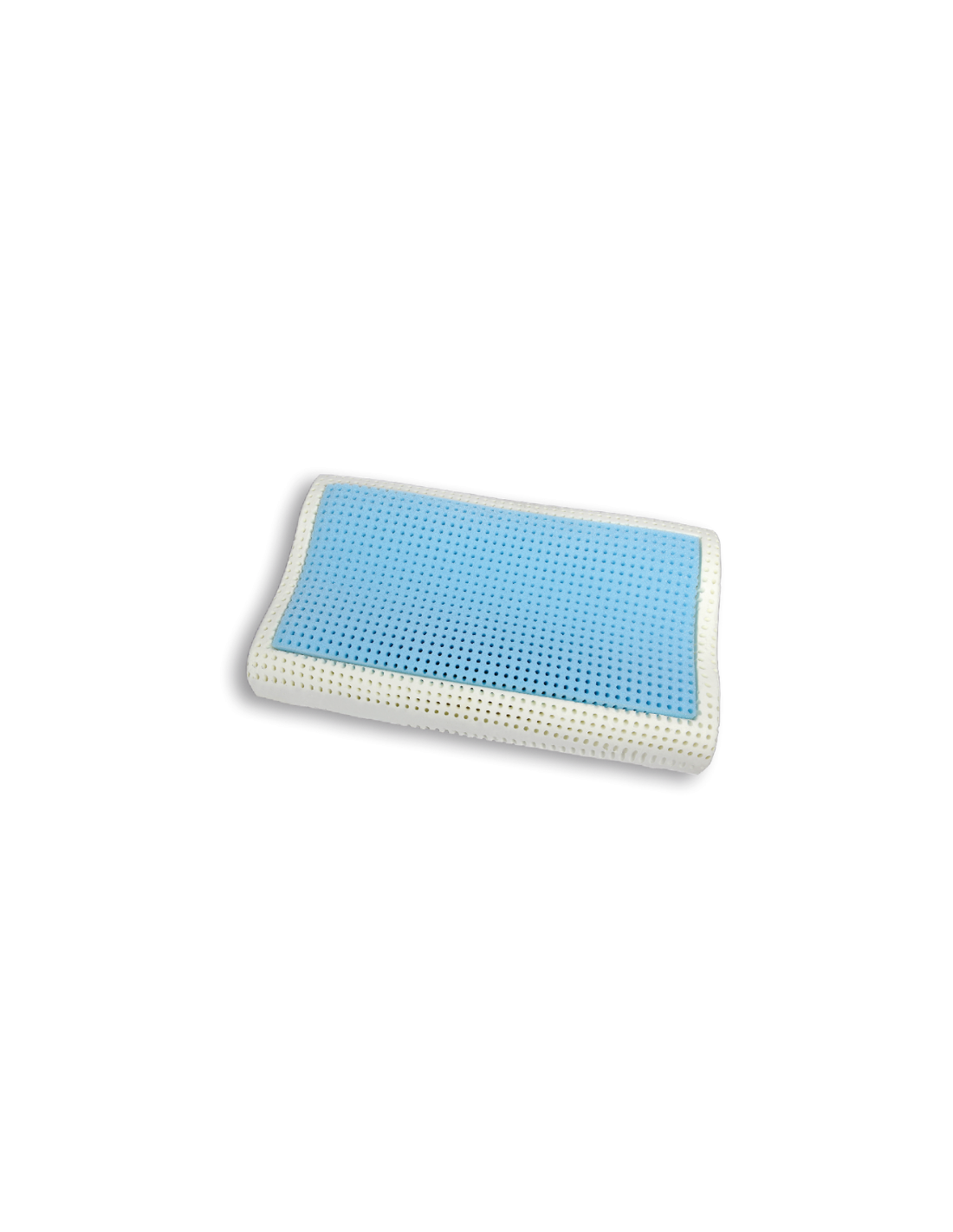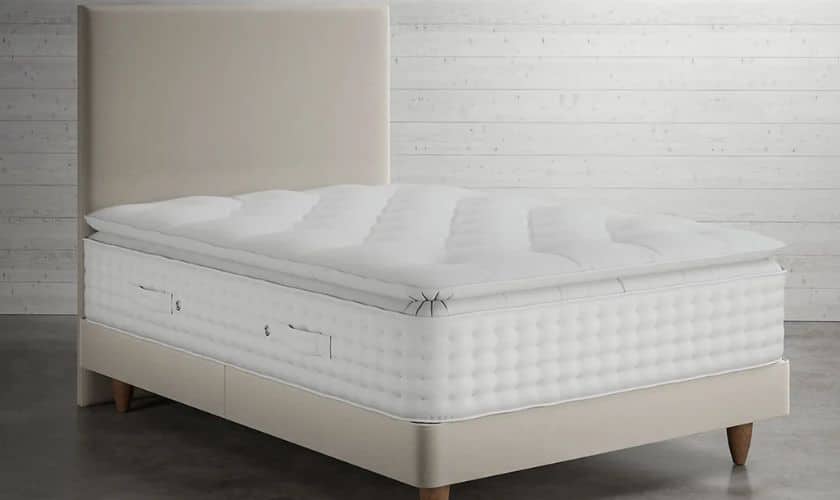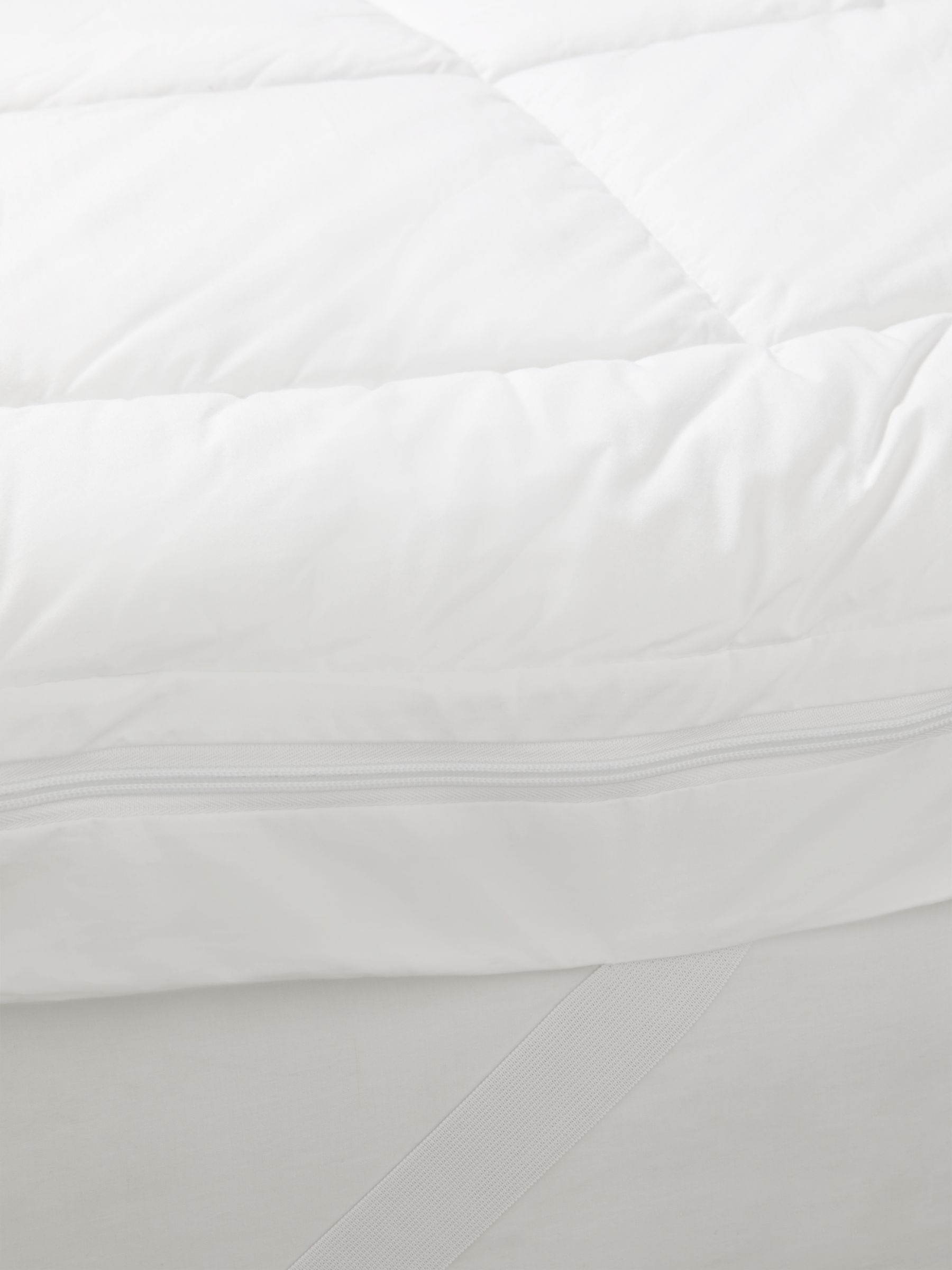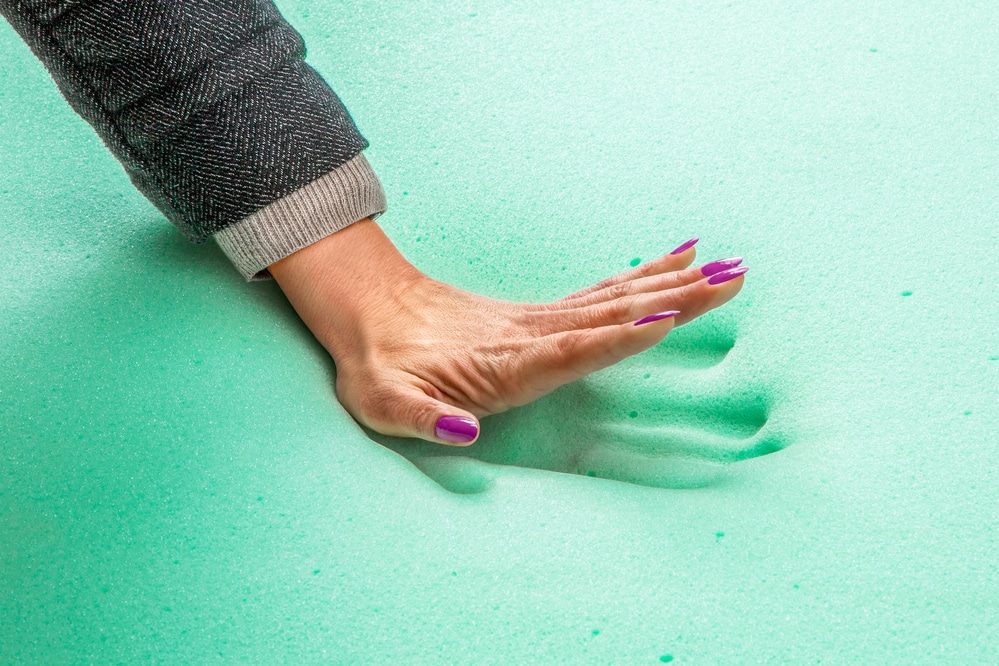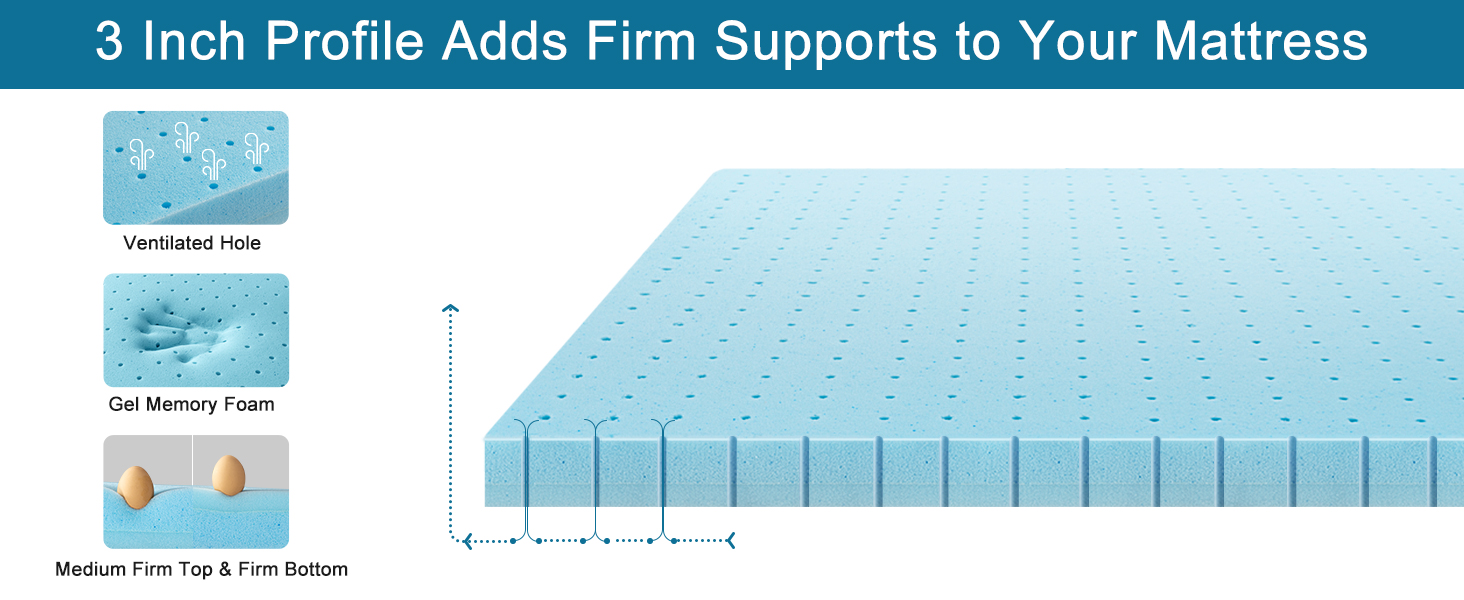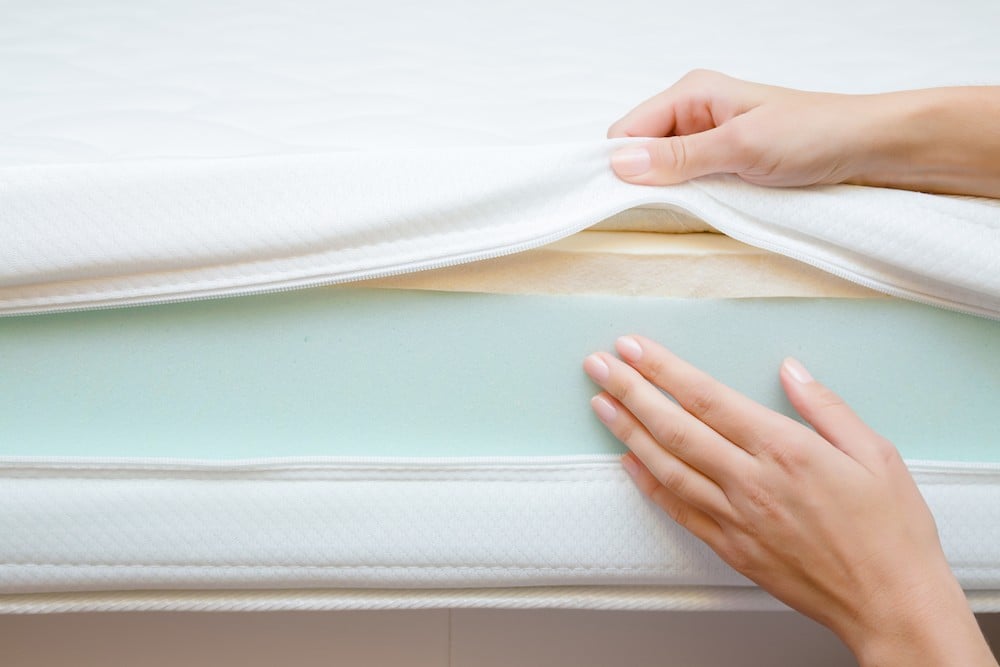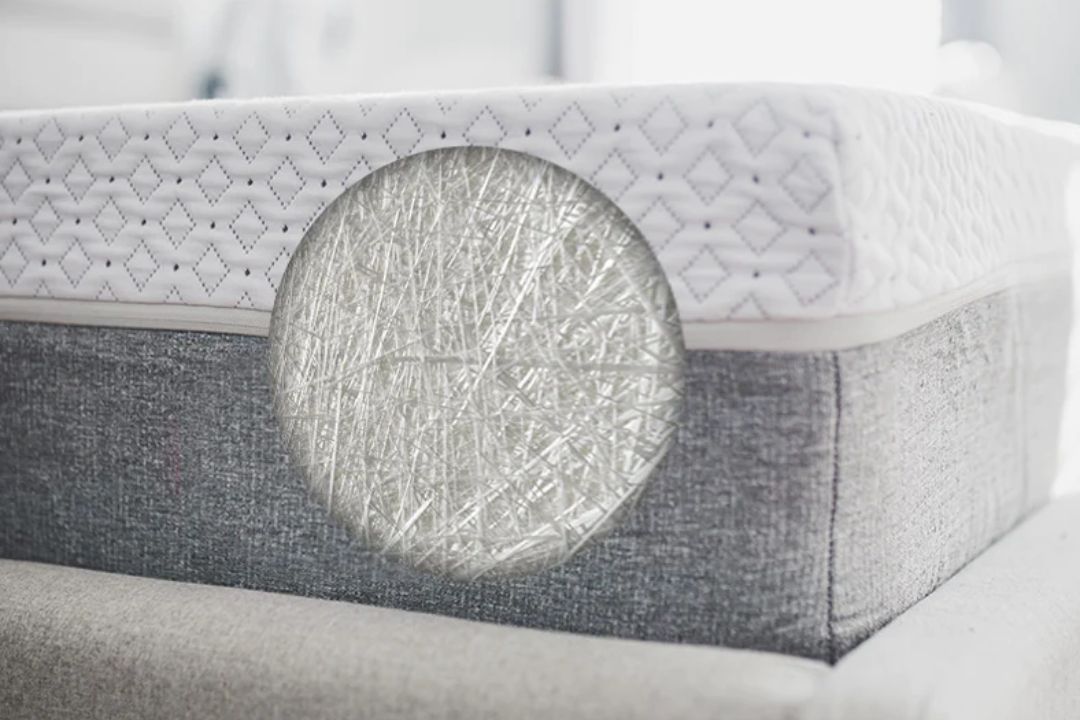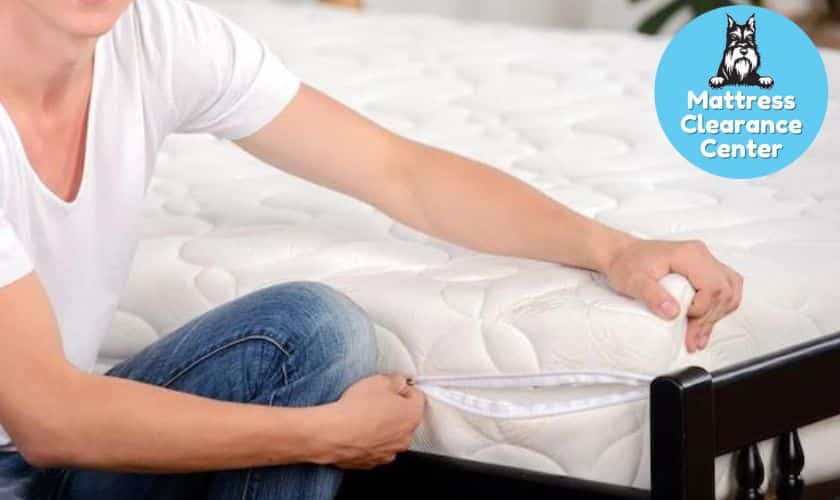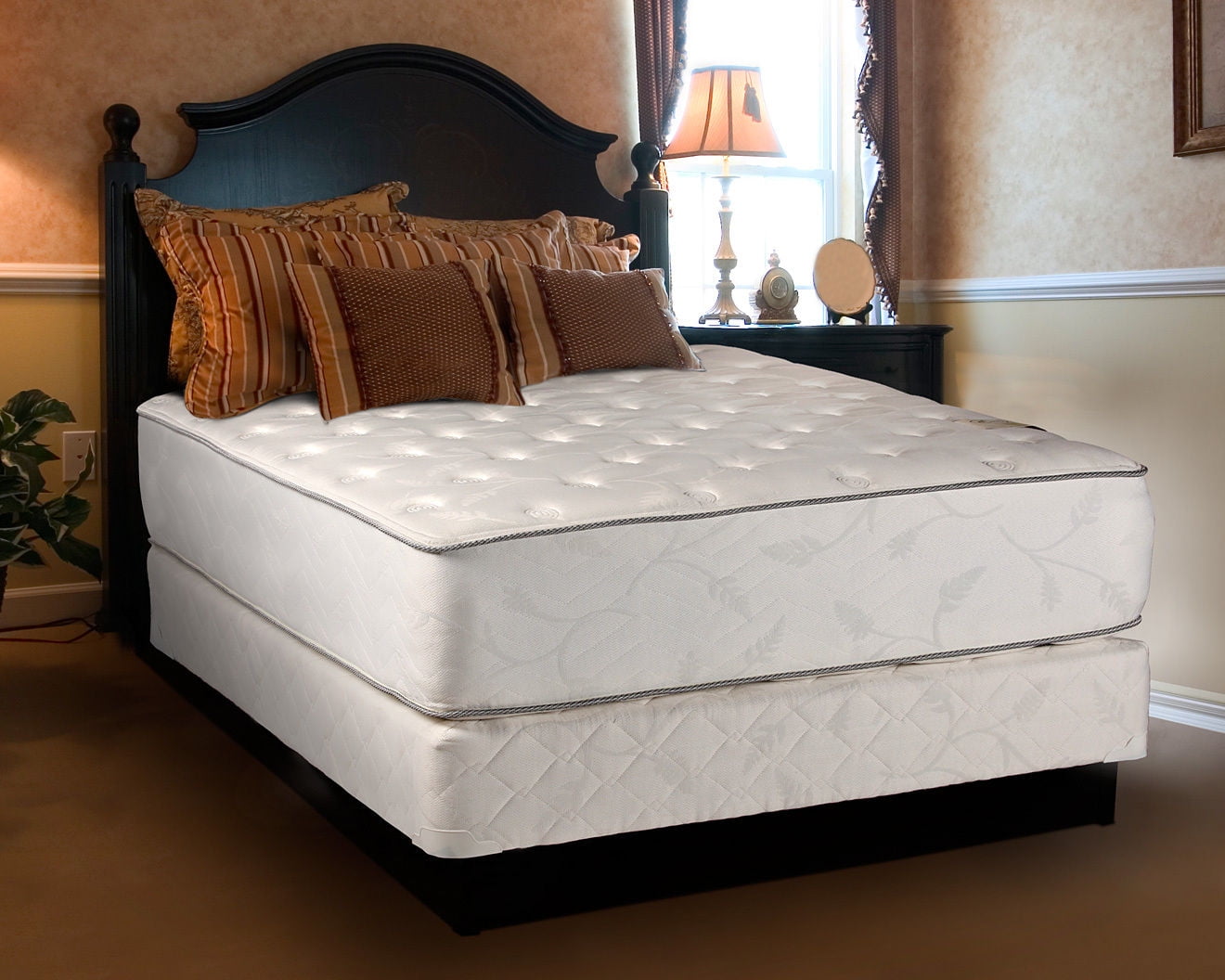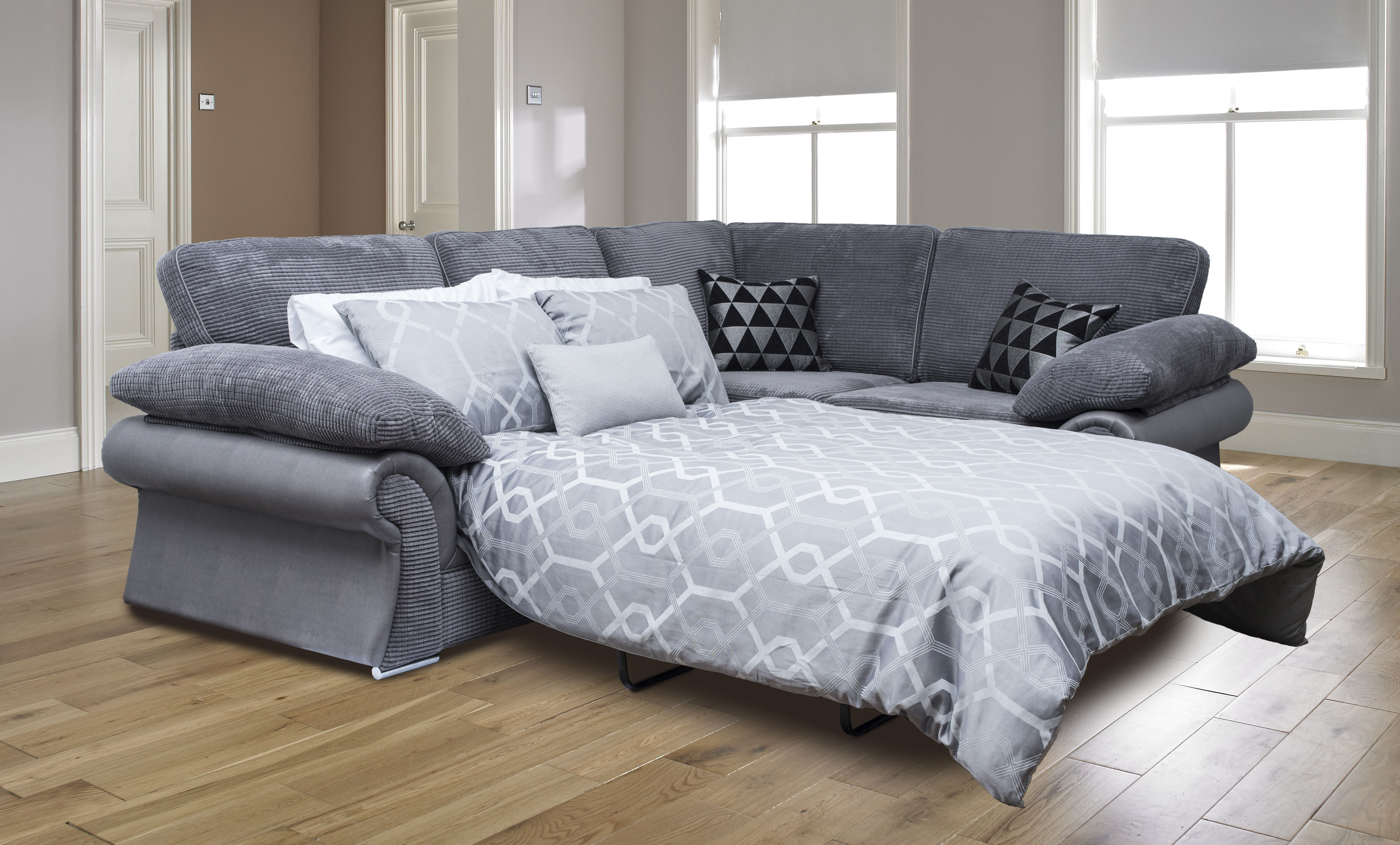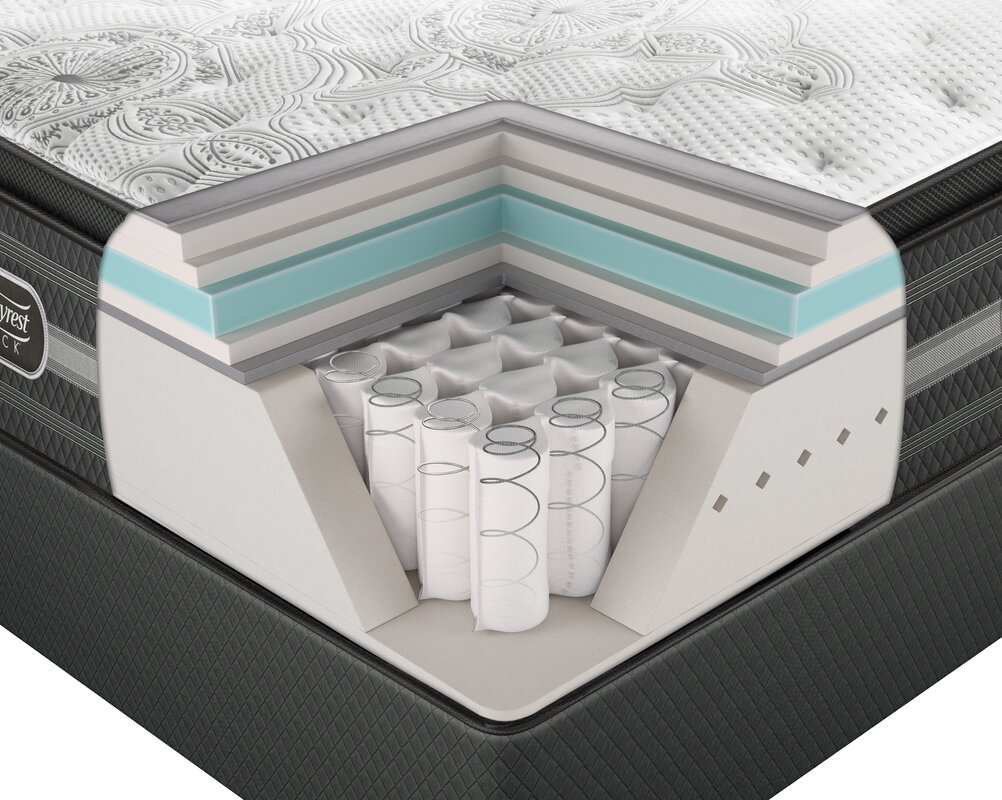If you're in the market for a new mattress topper, you've probably come across the term "density" in your research. But what exactly does density mean when it comes to memory foam mattress toppers? Memory foam mattress topper density refers to the weight of the foam per cubic foot. In simpler terms, it measures how much memory foam material is present in a certain area. This is an important factor to consider when choosing a mattress topper, as it can greatly impact the comfort and support it provides.What is the density of a memory foam mattress topper?
Now that we know what density means, it's important to understand how it affects the overall performance of a memory foam mattress topper. Generally, the higher the density, the better the quality and durability of the foam. This is because higher density foam has a more compact structure, making it more resistant to wear and tear. On the other hand, lower density foam may not be as durable and can start to sag and lose its shape over time. However, it is also important to note that higher density foam can also be more expensive.Understanding the density of memory foam mattress toppers
When it comes to choosing the right density for your memory foam mattress topper, it really depends on your personal preference and needs. A high density mattress topper is recommended for those looking for firmness, support, and longevity. This is especially beneficial for back sleepers or those with back pain. On the other hand, a lower density mattress topper may be suitable for those who prefer a softer feel or for side sleepers who need more pressure relief for their shoulders and hips.How to choose the right density for your memory foam mattress topper
As mentioned earlier, high density memory foam mattress toppers offer a higher level of support and durability compared to lower density options. This is particularly beneficial for those with back pain or for those who want their mattress topper to last for a longer period of time. In addition, high density foam is able to conform to the body more effectively, providing pressure relief and comfort for a better night's sleep.Benefits of a high density memory foam mattress topper
When comparing different densities of memory foam mattress toppers, it's important to keep in mind that there is no "one size fits all" solution. The best density for you will depend on your individual needs and preferences. For example, a 2 lb density foam may be suitable for those who prefer a softer feel, while a 4 lb density foam may be better for those who need more support and firmness.Comparing different densities of memory foam mattress toppers
If you're unsure about the density of your memory foam mattress topper, there are a few ways to measure it. One way is to weigh a cubic foot of the foam and compare it to the manufacturer's specifications. Another way is to simply press your hand into the foam and see how quickly it regains its shape. A higher density foam will take longer to regain its shape, while a lower density foam will bounce back more quickly.How to measure the density of a memory foam mattress topper
Many people often confuse density with firmness when it comes to memory foam mattress toppers. However, these are two different factors that affect the overall feel of the foam. As mentioned earlier, high density foam tends to be firmer and provide more support, while low density foam is usually softer and less supportive. However, there are other factors such as ILD (indentation load deflection) and thickness that also play a role in determining the firmness of a mattress topper.The relationship between density and firmness in memory foam mattress toppers
One common misconception about density in memory foam mattress toppers is that higher density always equals better quality. While higher density foam is generally more durable, there are other factors such as ILD, thickness, and manufacturing process that can also contribute to the overall quality of the foam. It's also important to note that density is not the only factor that determines the comfort and support of a mattress topper. The overall design and materials used also play a significant role.Common misconceptions about density in memory foam mattress toppers
There are a few factors that can affect the density of a memory foam mattress topper. These include the manufacturing process, the type of foam used, and the overall quality control of the product. It's important to do your research and choose a reputable brand that uses high-quality materials in their mattress toppers to ensure you get the desired density and performance.Factors that can affect the density of a memory foam mattress topper
To ensure the longevity of your memory foam mattress topper, it's important to properly care for and maintain it. This includes regularly rotating the mattress topper, using a mattress protector to prevent stains and spills, and keeping it clean by spot cleaning with a mild detergent. In addition, avoid exposing the mattress topper to direct sunlight or heat, as this can cause the foam to break down and lose its density over time.How to care for and maintain the density of your memory foam mattress topper
Benefits of Using a Memory Foam Mattress Topper

Improves Sleep Quality
Relieves Pain and Aches
 Many people suffer from back, neck, and joint pain, making it difficult to get a good night's rest.
Memory foam
has been known to
alleviate these aches and pains
by providing optimal support and alignment for your body. The
high density
of the foam
absorbs and disperses
your body weight evenly, reducing strain on pressure points. This can be especially beneficial for those with chronic pain conditions or injuries.
Many people suffer from back, neck, and joint pain, making it difficult to get a good night's rest.
Memory foam
has been known to
alleviate these aches and pains
by providing optimal support and alignment for your body. The
high density
of the foam
absorbs and disperses
your body weight evenly, reducing strain on pressure points. This can be especially beneficial for those with chronic pain conditions or injuries.
Extends Mattress Lifespan
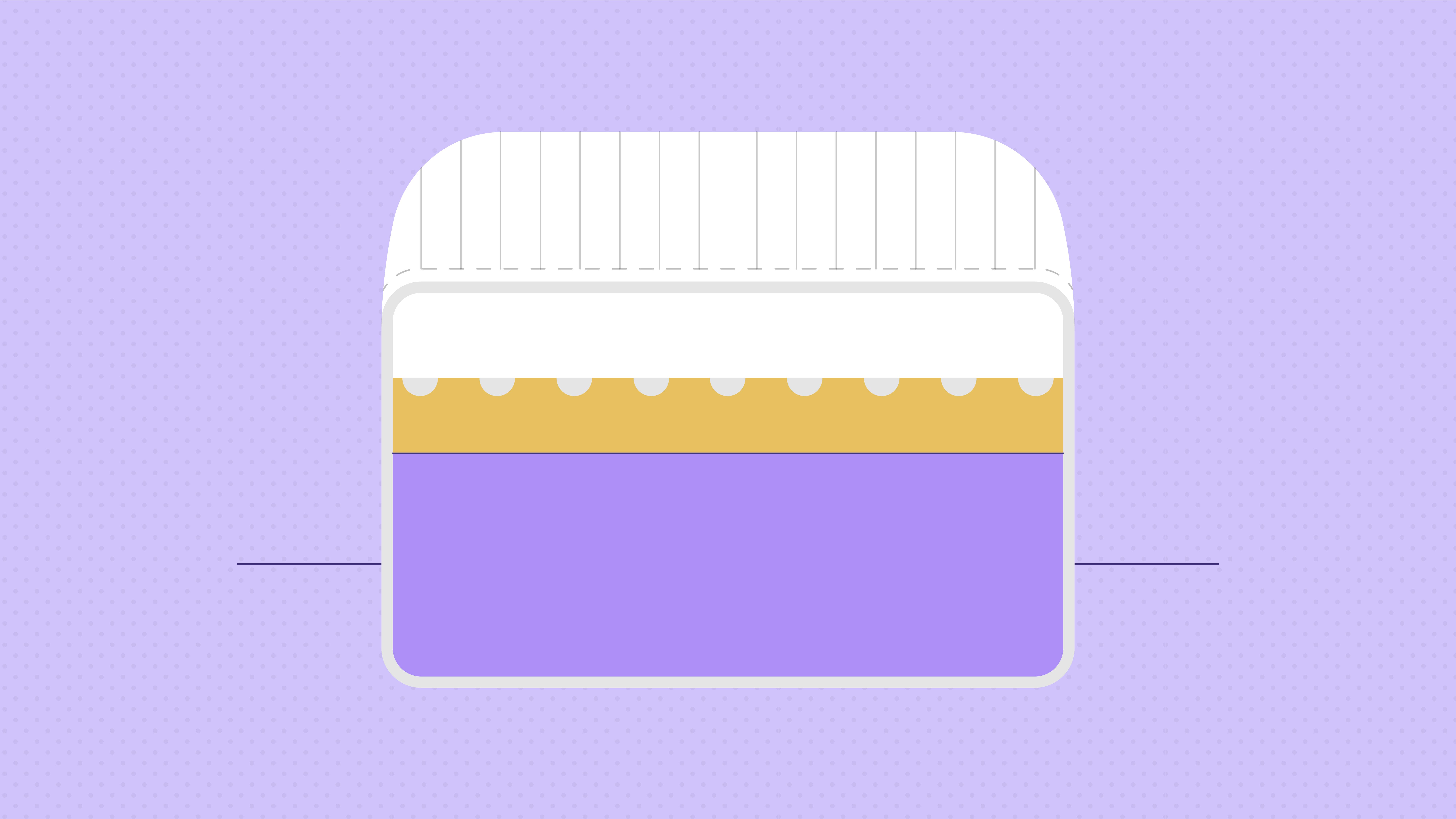 Investing in a
memory foam mattress topper
can also be a smart decision for the longevity of your mattress. The
density of the foam
acts as a protective layer, preventing the wear and tear of your mattress. This can save you money in the long run by
extending the lifespan
of your mattress and delaying the need for a new one.
Investing in a
memory foam mattress topper
can also be a smart decision for the longevity of your mattress. The
density of the foam
acts as a protective layer, preventing the wear and tear of your mattress. This can save you money in the long run by
extending the lifespan
of your mattress and delaying the need for a new one.
Hypoallergenic and Easy to Maintain
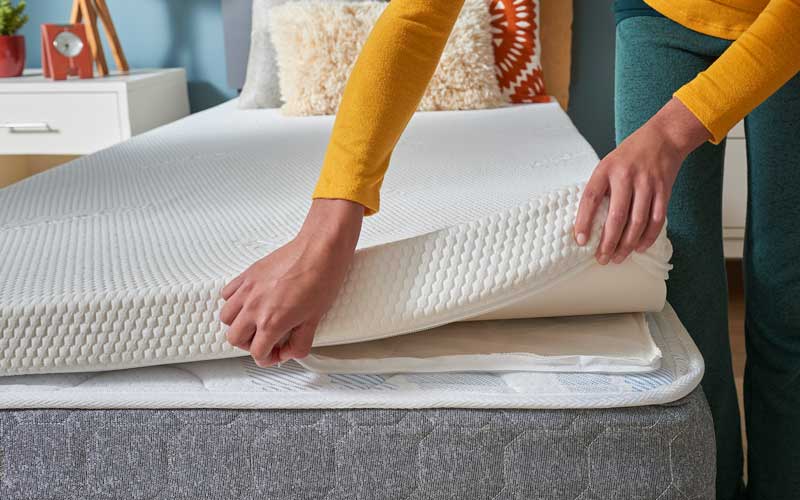 If you suffer from allergies, a
memory foam mattress topper
may be the perfect solution for you. The
high density
of the foam makes it
resistant to dust mites and other allergens
, creating a cleaner and healthier sleep environment. Additionally,
memory foam
is very easy to maintain. Simply remove the cover and wash it in the machine, making it a convenient and low-maintenance bedding option.
If you suffer from allergies, a
memory foam mattress topper
may be the perfect solution for you. The
high density
of the foam makes it
resistant to dust mites and other allergens
, creating a cleaner and healthier sleep environment. Additionally,
memory foam
is very easy to maintain. Simply remove the cover and wash it in the machine, making it a convenient and low-maintenance bedding option.
Conclusion
 In summary, the
density of a memory foam mattress topper
plays a crucial role in providing comfort, support, and durability. By improving sleep quality, relieving pain and aches, extending mattress lifespan, and being hypoallergenic, a
memory foam mattress topper
is a valuable addition to any bedroom. Consider investing in one for a better and more rejuvenating sleep experience.
In summary, the
density of a memory foam mattress topper
plays a crucial role in providing comfort, support, and durability. By improving sleep quality, relieving pain and aches, extending mattress lifespan, and being hypoallergenic, a
memory foam mattress topper
is a valuable addition to any bedroom. Consider investing in one for a better and more rejuvenating sleep experience.




.PNG)

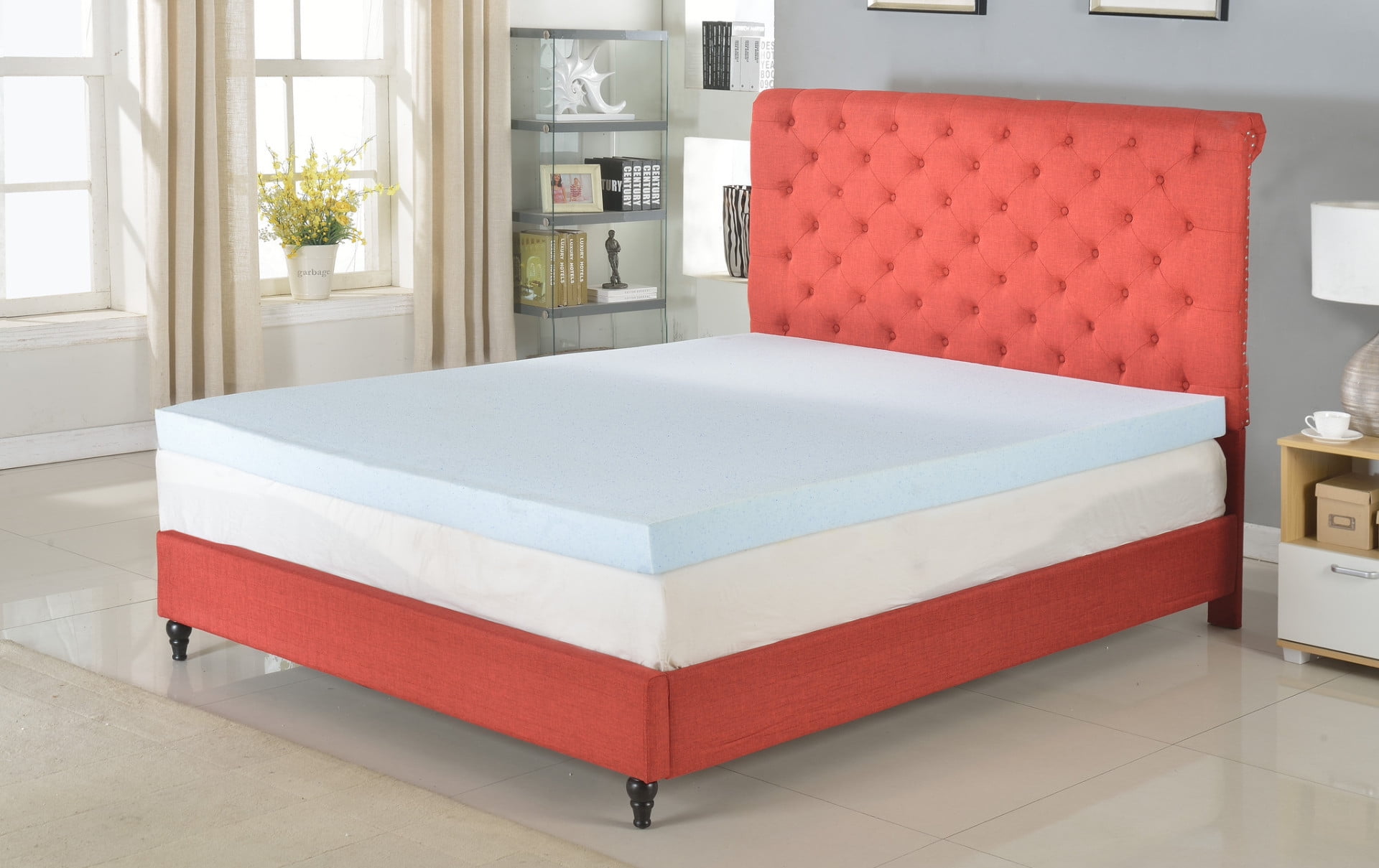

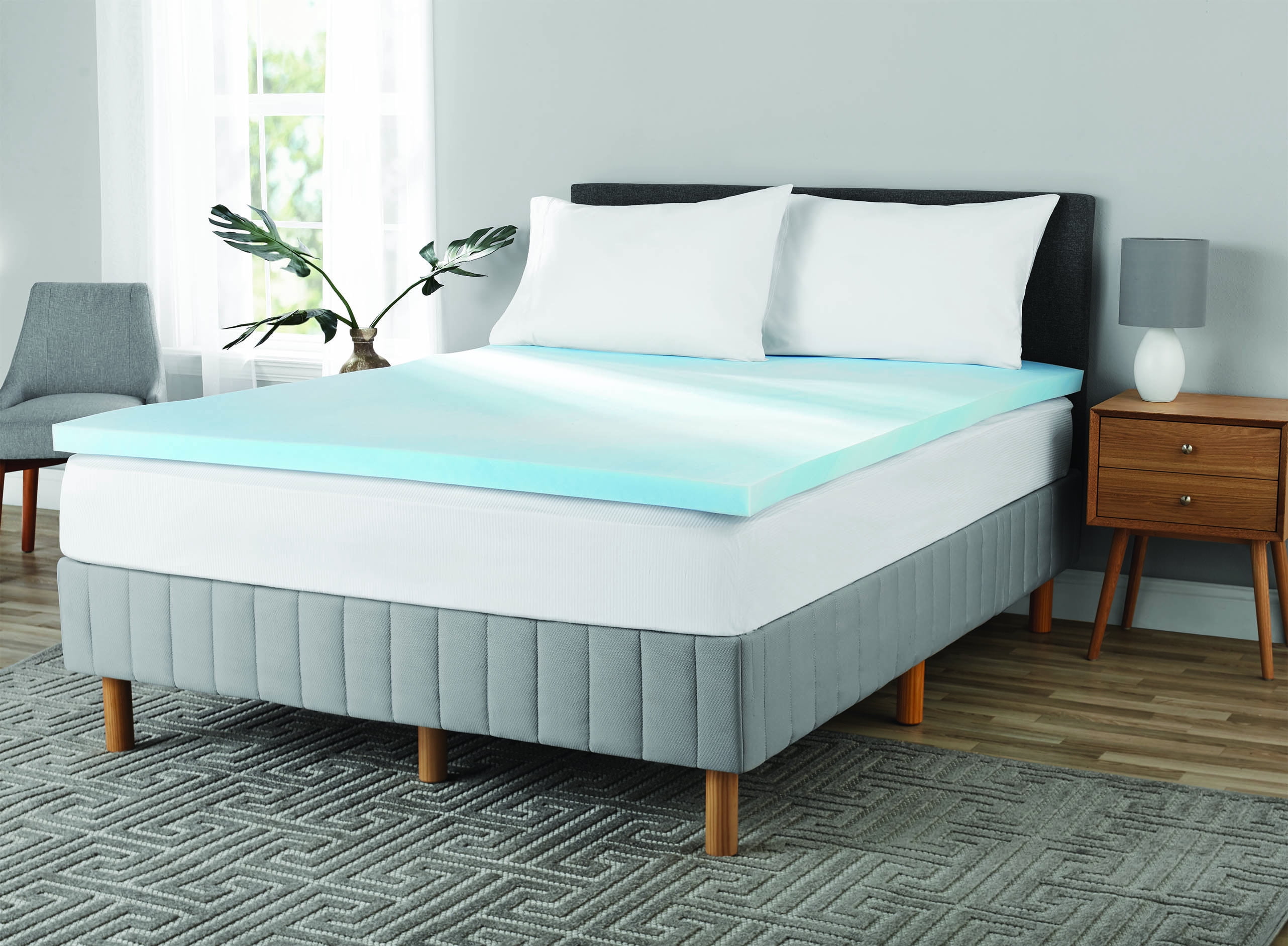

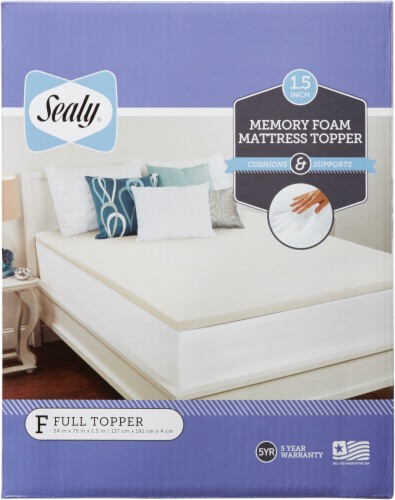


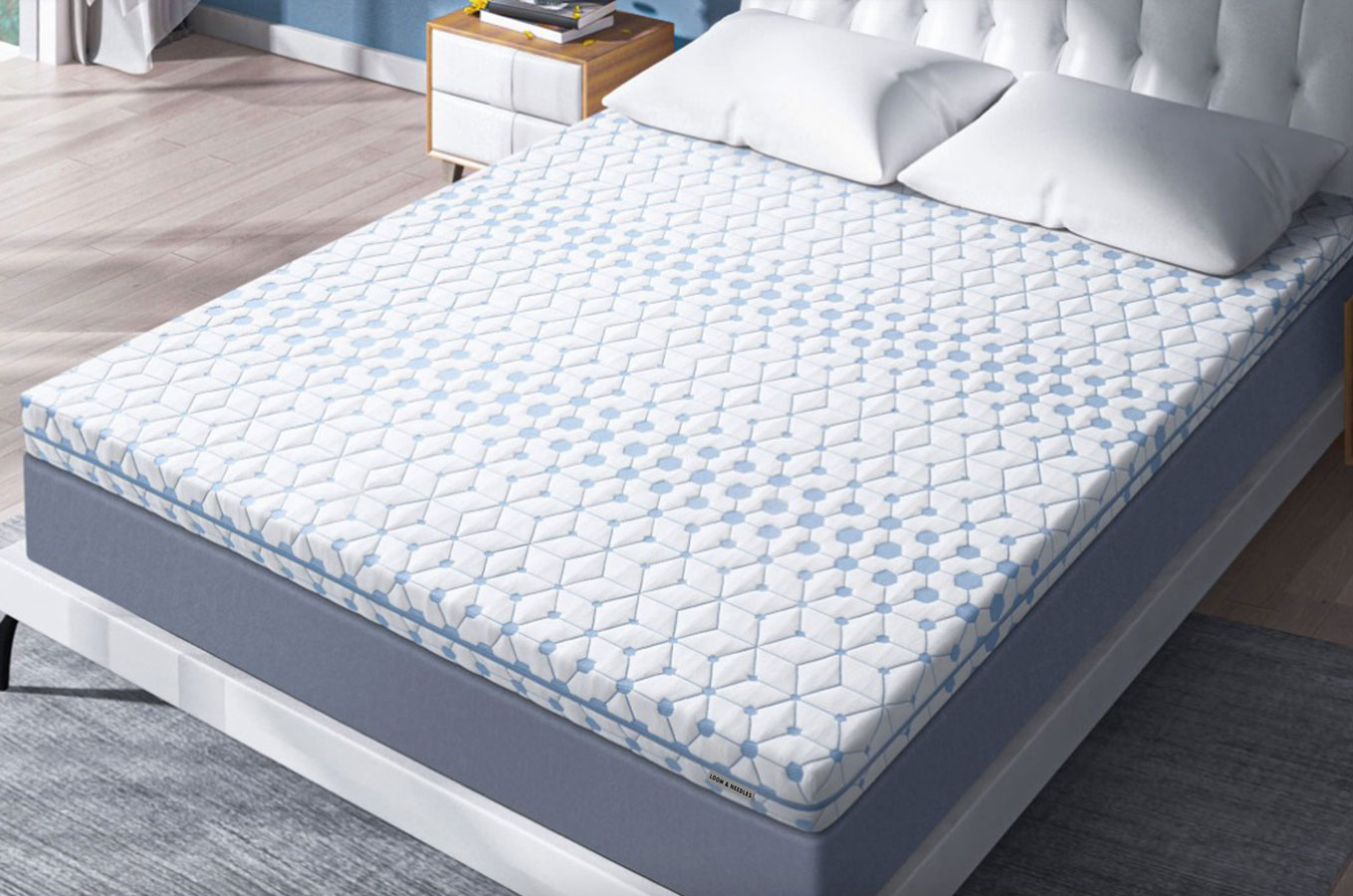
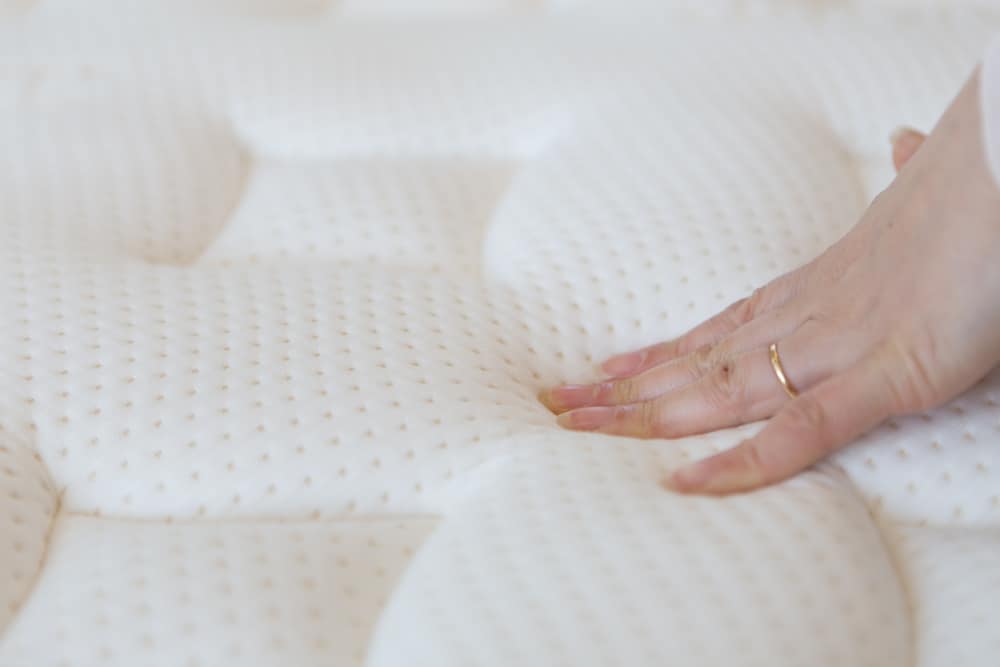
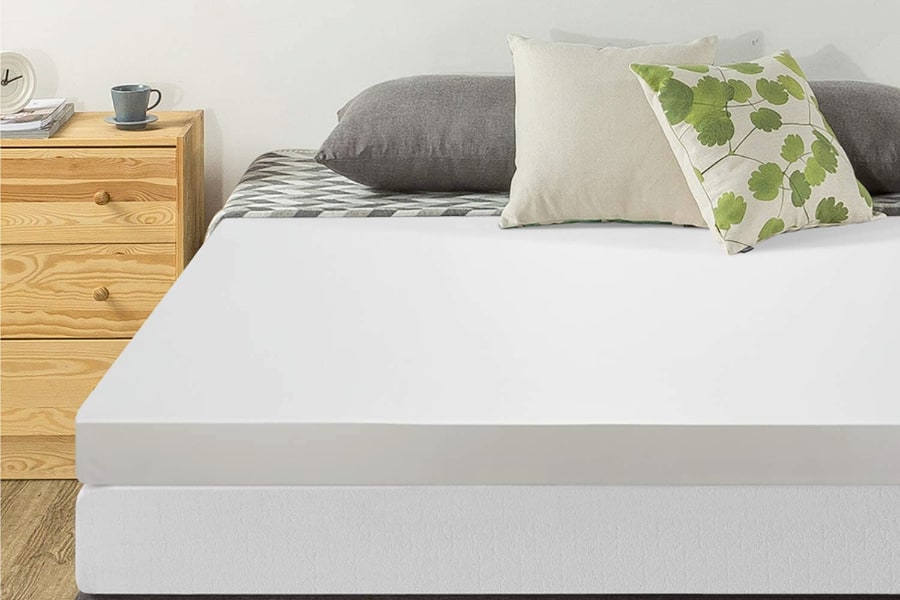



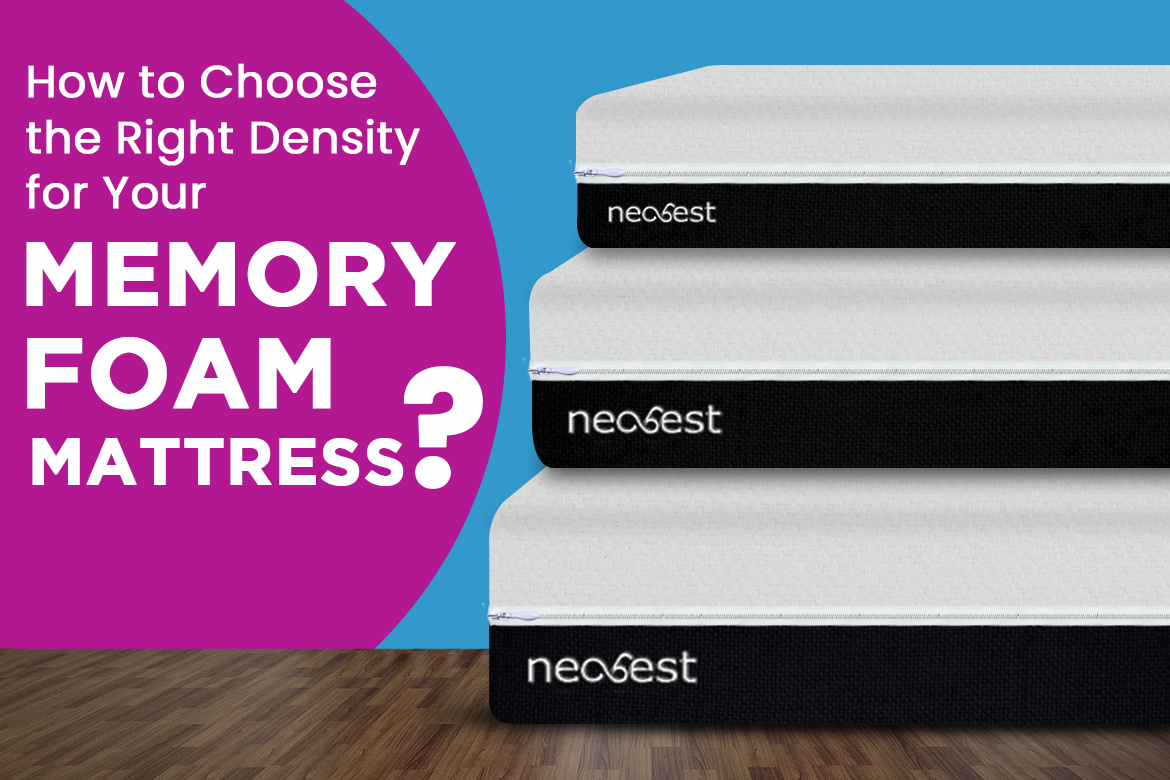
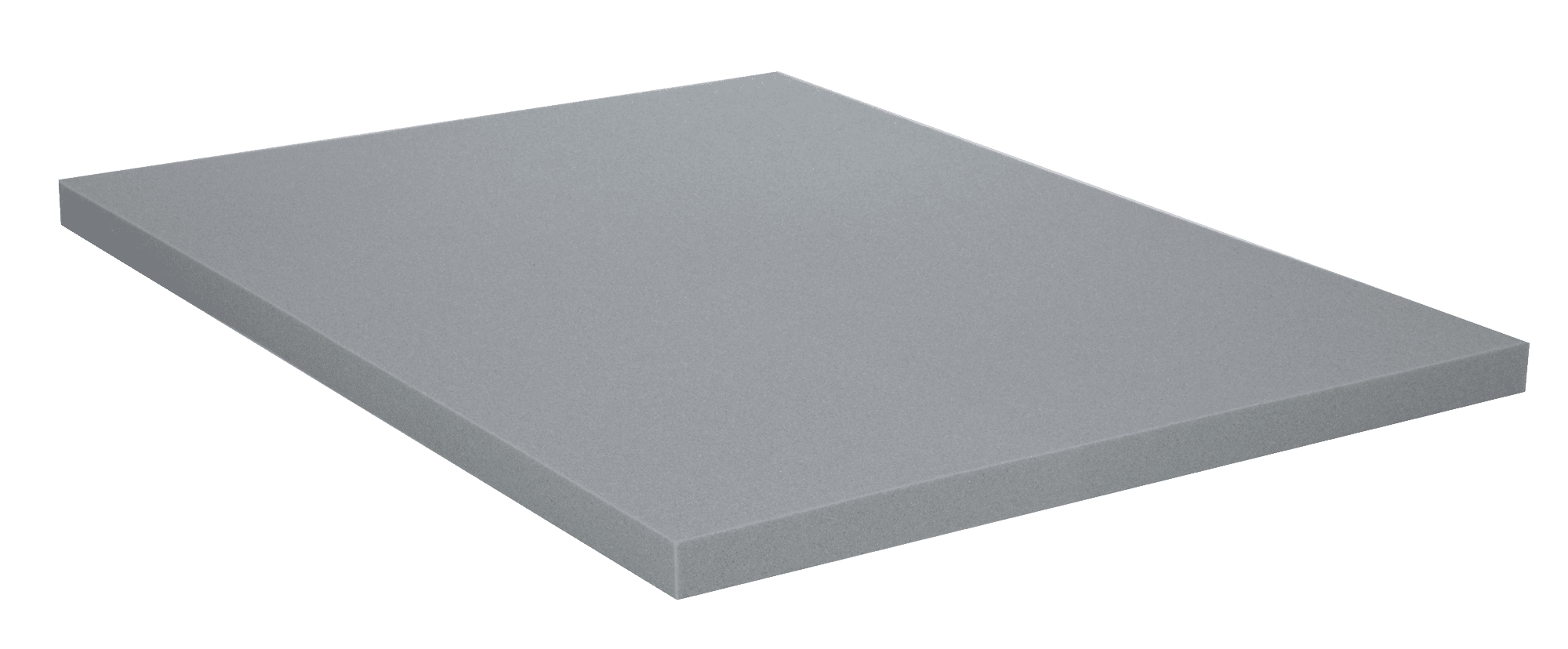


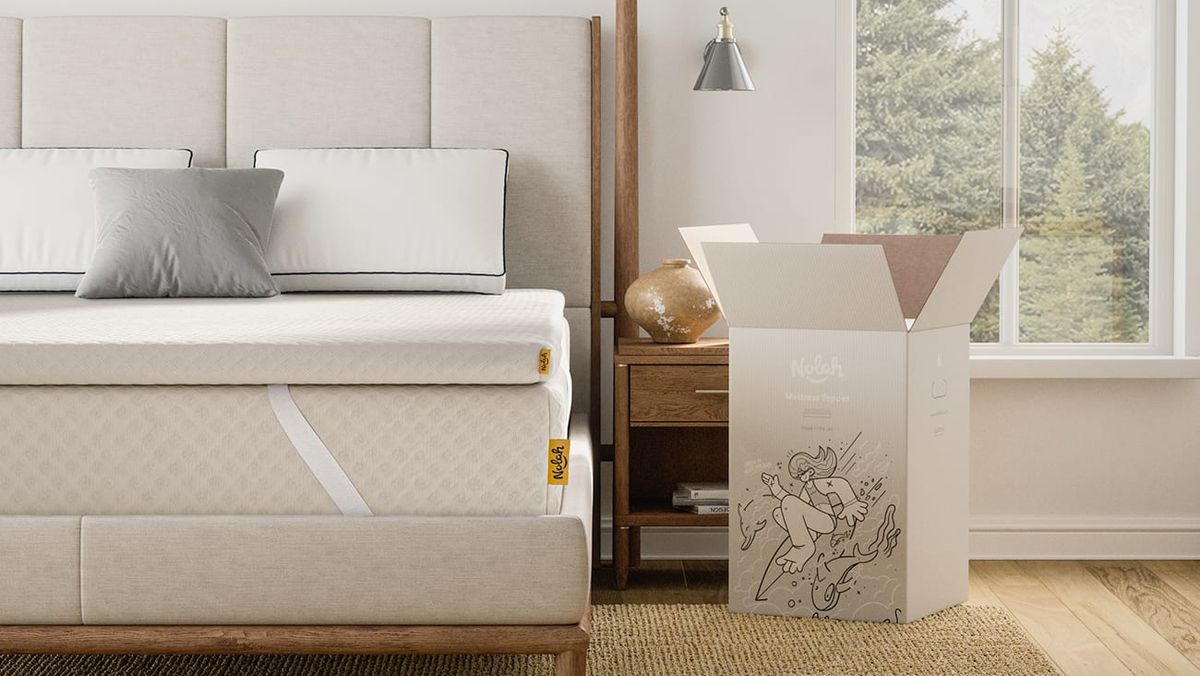


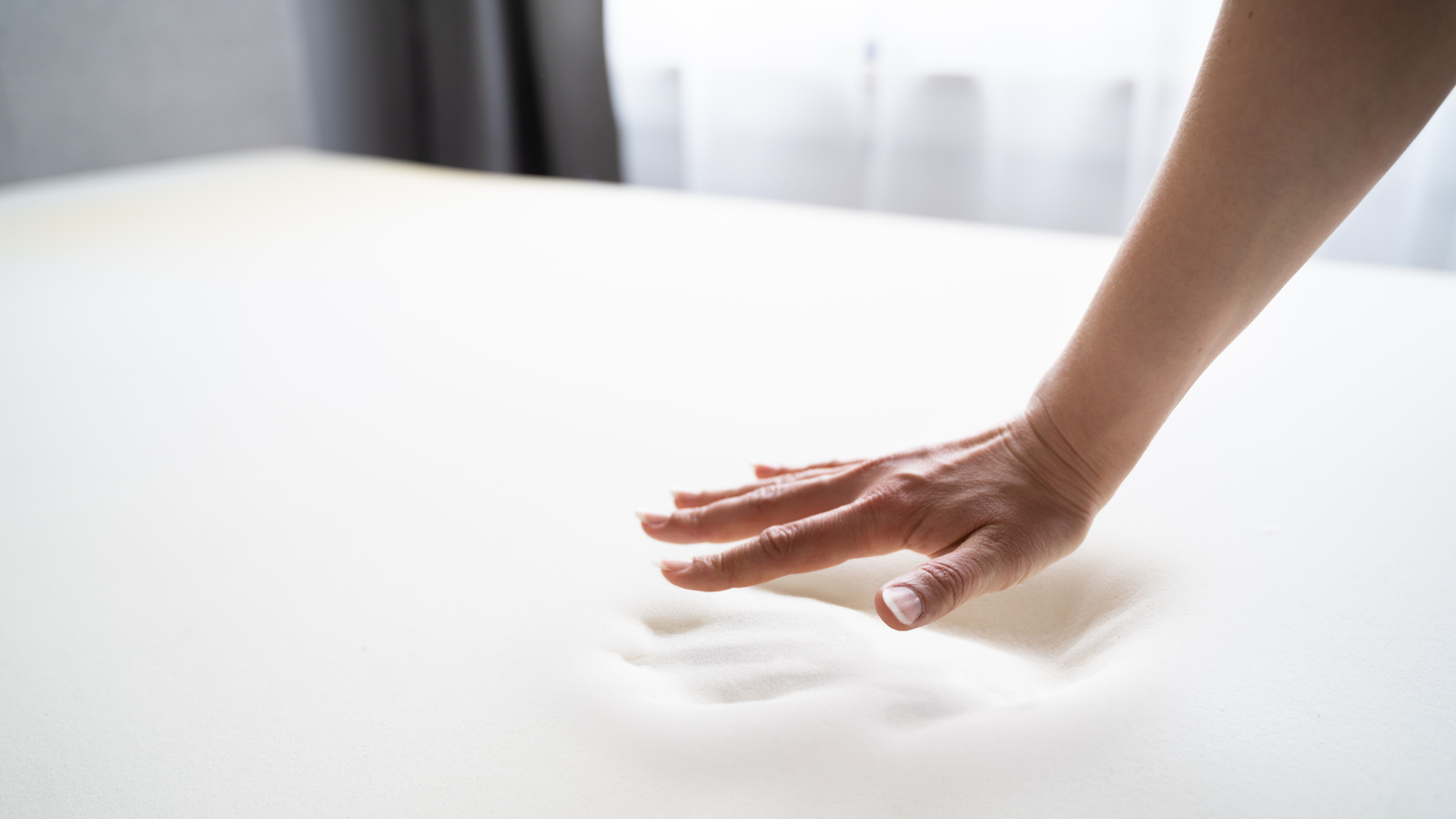
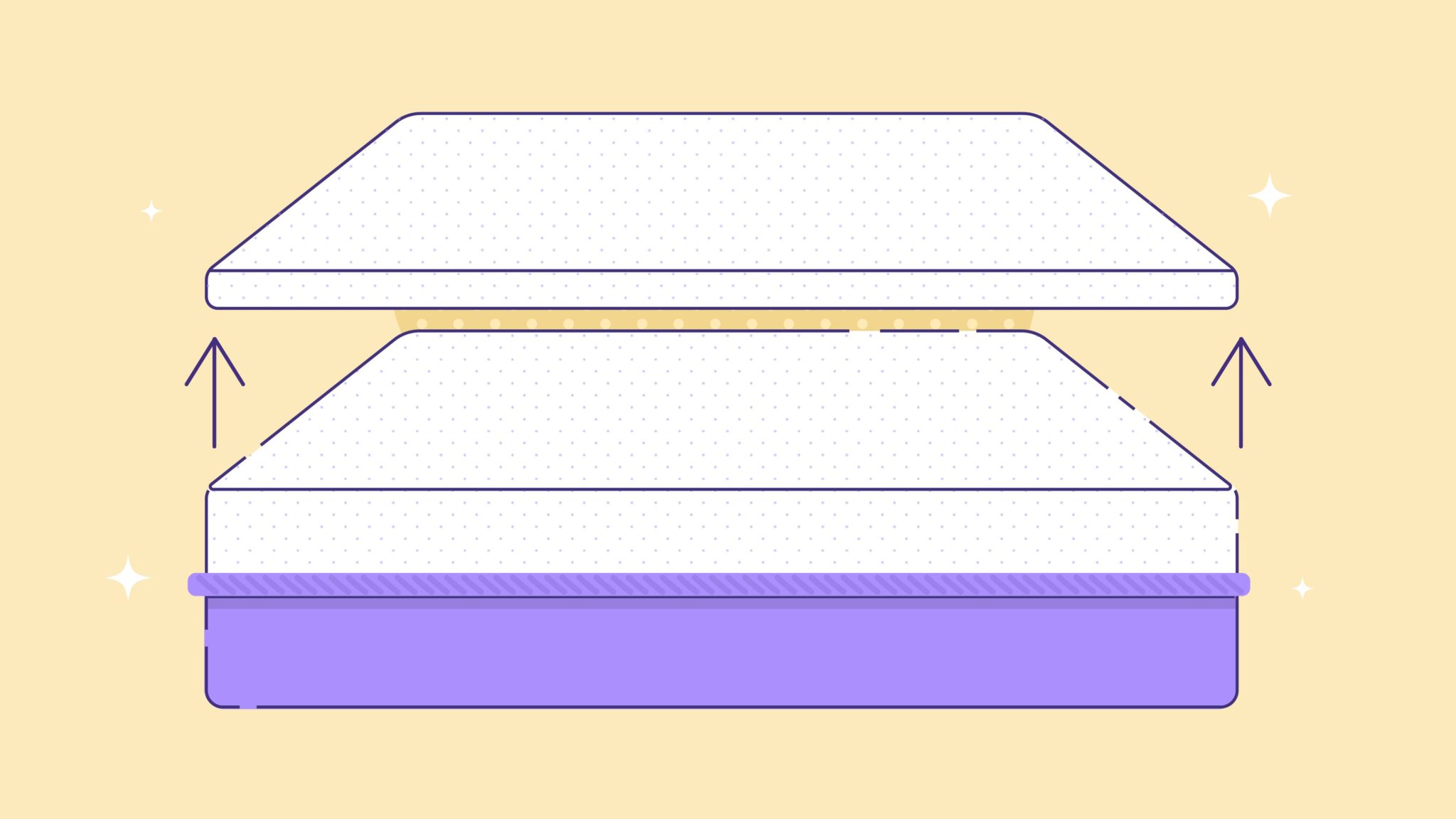
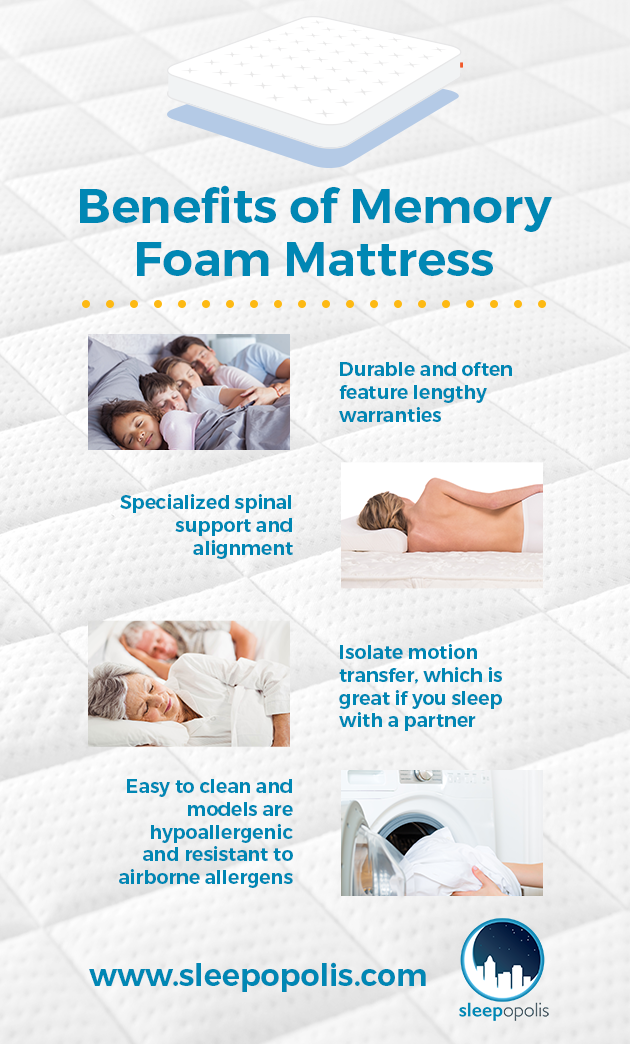

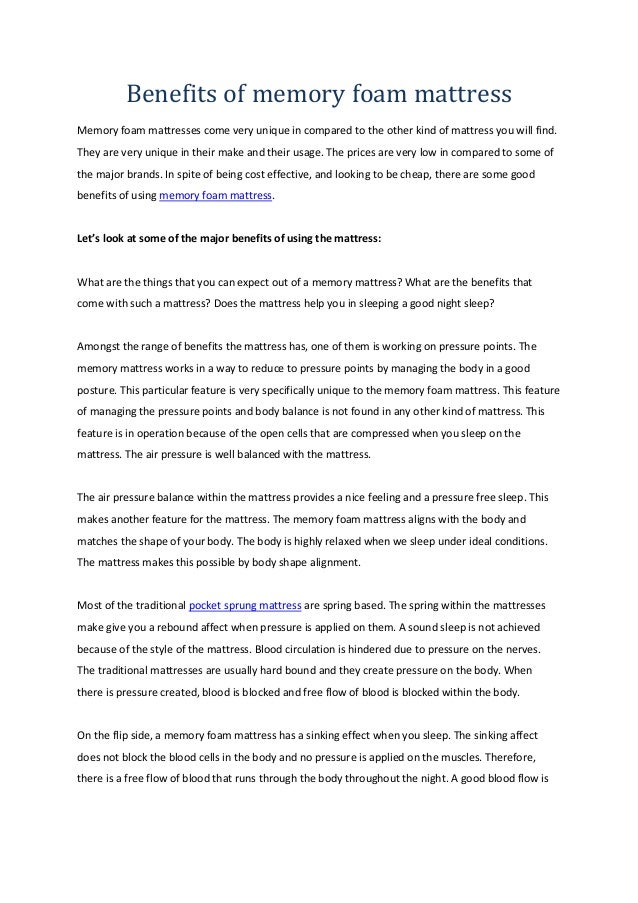


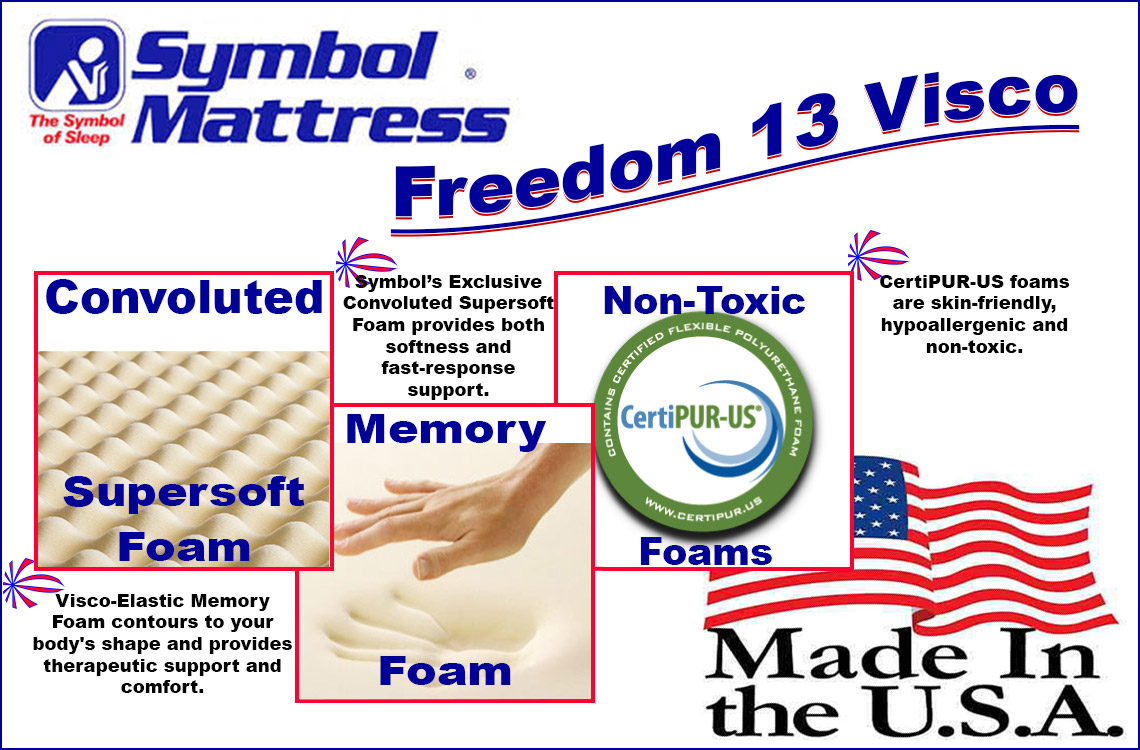

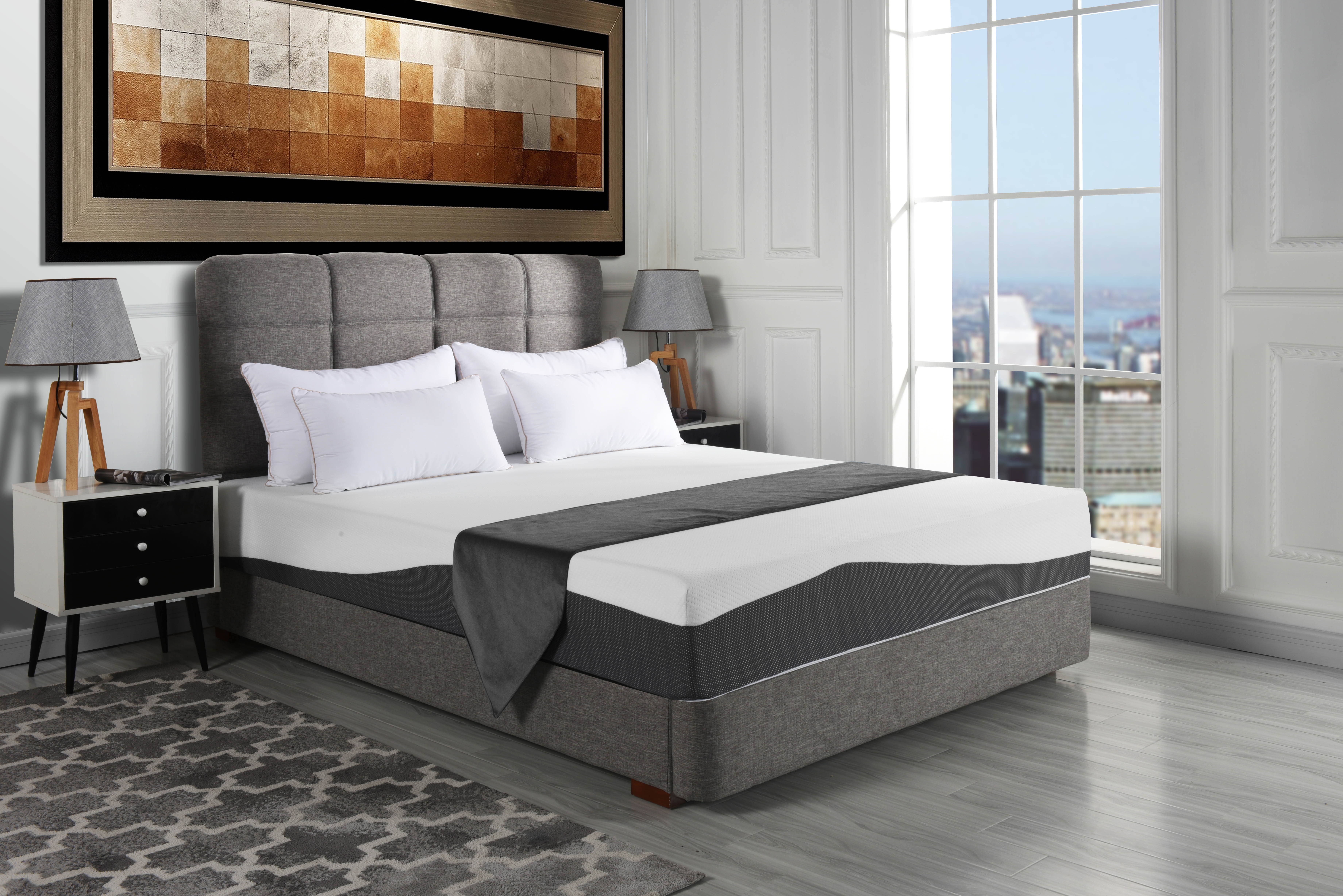


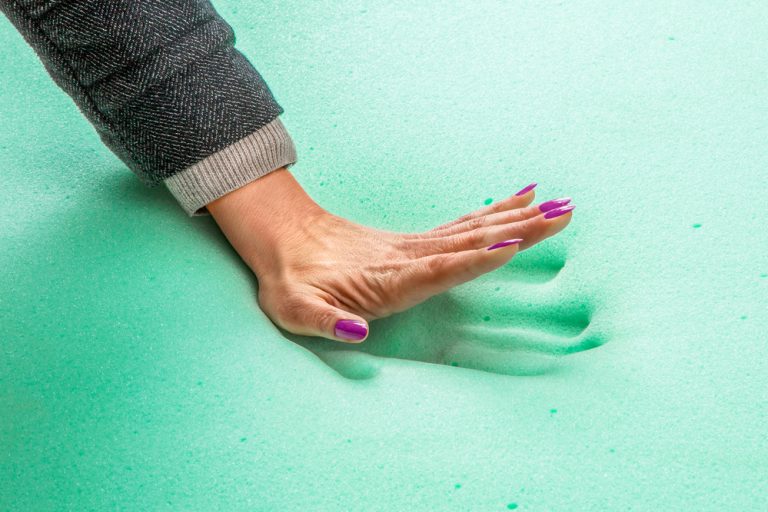
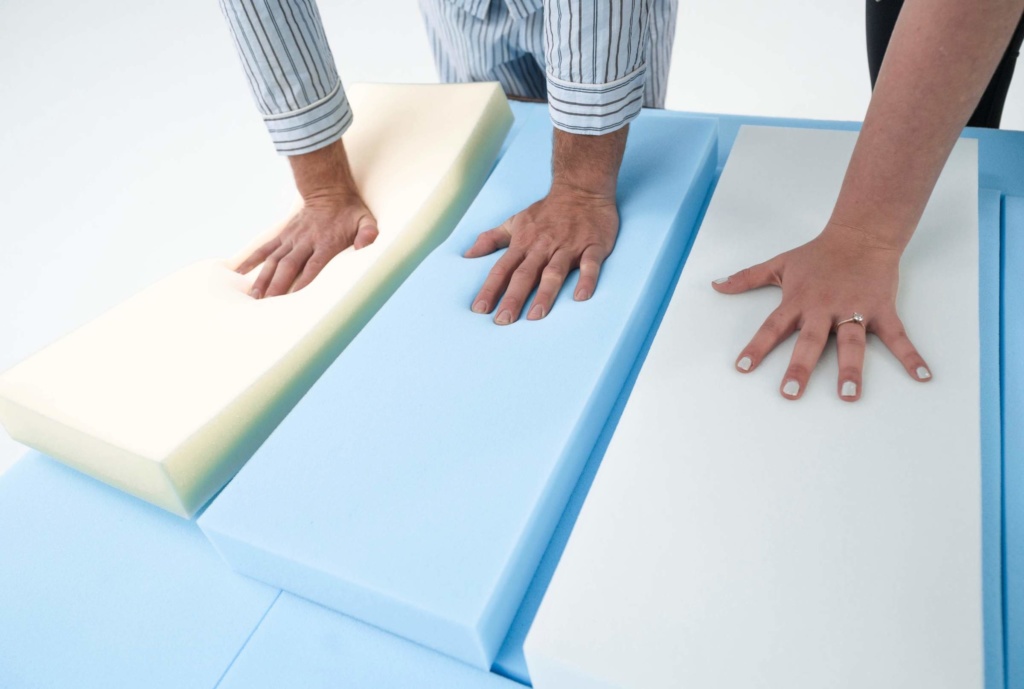

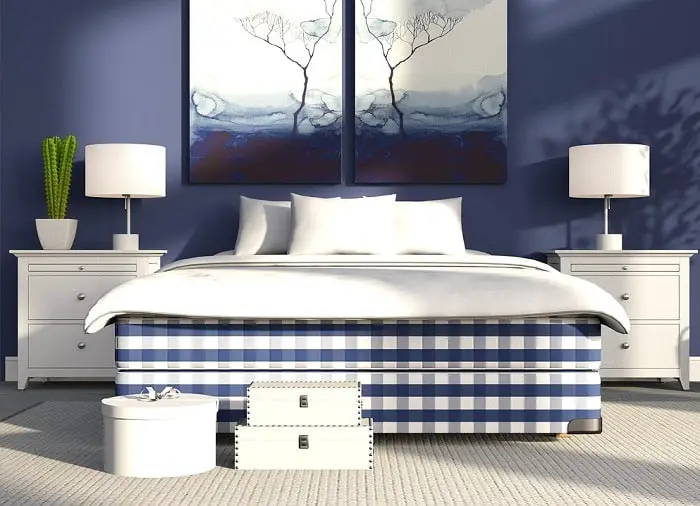
:max_bytes(150000):strip_icc()/_hero_4109254-feathertop-5c7d415346e0fb0001a5f085.jpg)


